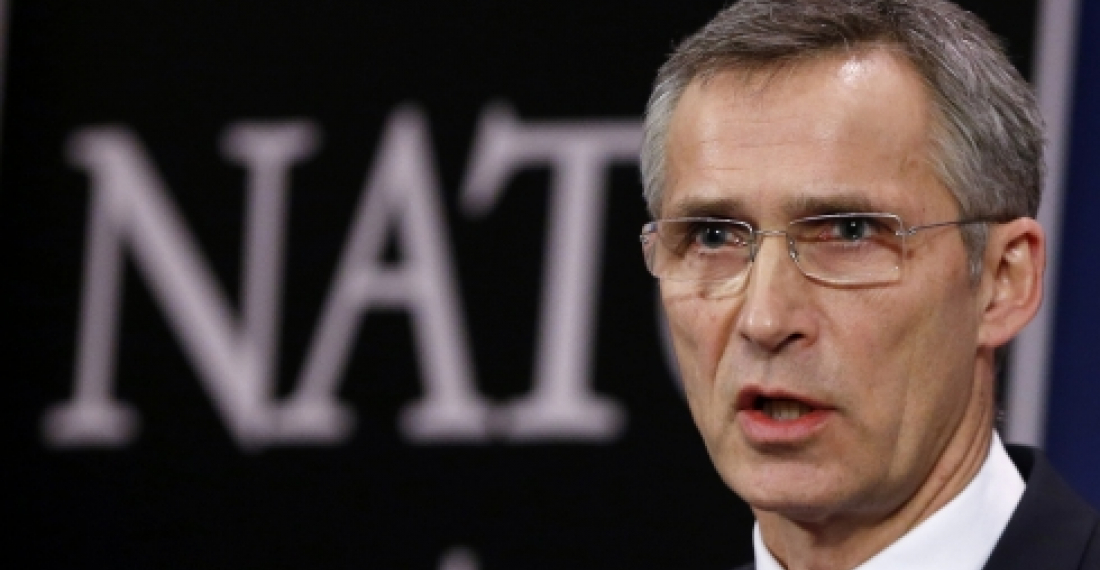The NATO summit set to take place in Warsaw this July will be a “turning point,” the alliance’s secretary general said on Sunday.
"The NATO summit will be crucial. NATO will make very significant decisions concerning adaptation with new situation in the security sphere,” Jens Stoltenberg in a Polish radio interview.
“We should reinforce NATO’s presence in the eastern part of Europe. It will be the most multinational presence. We will clearly express that an attack on any country will be the same as an attack on the entire alliance.”
Last week, the secretary general reiterated the alliance’s support for Georgia, and pledged to deepen ties between the two militaries while helping Georgia move towards full membership, at an unspecified date.
The summit takes place in Polish capital from July 8-9. Issues on the agenda will include Ukraine, Syria and Nagorno-Karabakh.
NATO suspended formal ties with Russia following the annexation of Crimea in February 2014, although the NATO-Russia Council convened again in April 2016 for the first time since the Ukrainian crisis.
SOURCE: commonspace.eu and agencies
PHOTO: Jens Stoltenberg






